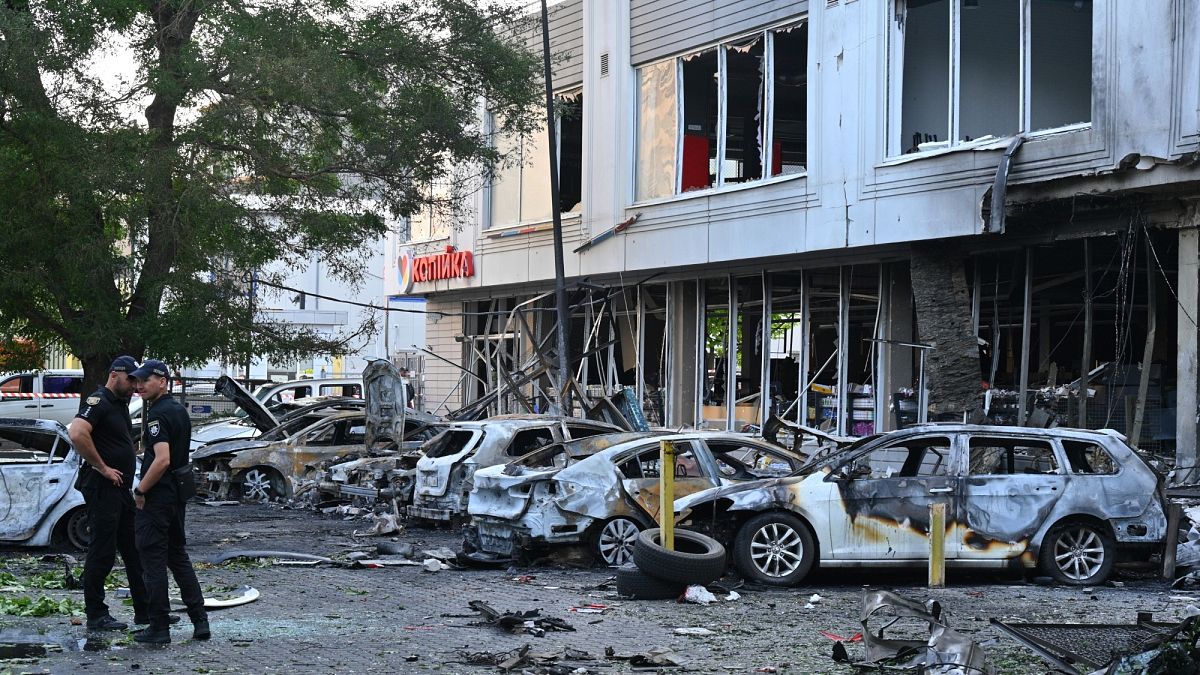

In a world grappling with turmoil, recent events in Ukraine and Gaza have brought to light the increasing need for dialogue and humanitarian aid. The past few days have seen significant developments that underscore the challenges faced by communities caught in conflict.
In Ukraine, tensions remain high as Russian forces launched a series of drone strikes across several cities, including Kramatorsk, Odesa, and Sumy. Tragically, these attacks claimed the life of a young boy and injured dozens. Ukrainian President Volodymyr Zelenskyy has responded by emphasizing the urgency of peace talks, which are scheduled to take place on Wednesday. This effort to engage in dialogue reflects a continued commitment to seeking resolution amidst ongoing hostilities.
Simultaneously, the humanitarian crisis in Gaza has drawn considerable international attention. Reports indicate that families are now living in tents at a bombed stadium in Gaza City, a stark reminder of the conflict’s toll on innocent civilians. The difficult living conditions provide a compelling backdrop to the ongoing Israeli airstrikes in the region.
The World Health Organization (WHO) has voiced strong condemnation of attacks on its facilities in Deir al-Balah, Gaza. These facilities, which are crucial for providing aid, have been subject to multiple assaults, disrupting humanitarian efforts and increasing the vulnerability of those who rely on such support. The WHO has highlighted the need for a ceasefire to ensure the safety and well-being of both their staff and the local population.
Further exacerbating the humanitarian crisis in Gaza, reports from the region describe dire conditions, with at least 72 Palestinians killed in the last 24 hours due to Israeli military actions. The UN Palestinian Refugee Agency has characterized the situation as a “hell on earth,” describing aid distribution points as precarious and dangerous. This has prompted urgent calls from global figures, including the UN Secretary-General António Guterres and UK Foreign Secretary David Lammy, for immediate intervention and relief efforts.
The complex interplay of military actions, humanitarian emergencies, and political responses resonates with a broader international audience. As these developments unfold, the spotlight remains on the potential for peace talks to pave the way towards a reduction in hostilities and an increase in aid and support for those affected. Leaders and organizations around the world continue to advocate for peace, underscoring the necessity of open dialogue and a collective effort to address the root causes of these conflicts.
Ultimately, these events reflect profound challenges but also the enduring hope that amidst turmoil, efforts towards peace and humanitarian relief can pave the way for a more stable future. The path forward requires collaboration across borders and commitment to ensuring the safety and dignity of communities impacted by these ongoing crises.
Source: {link}
